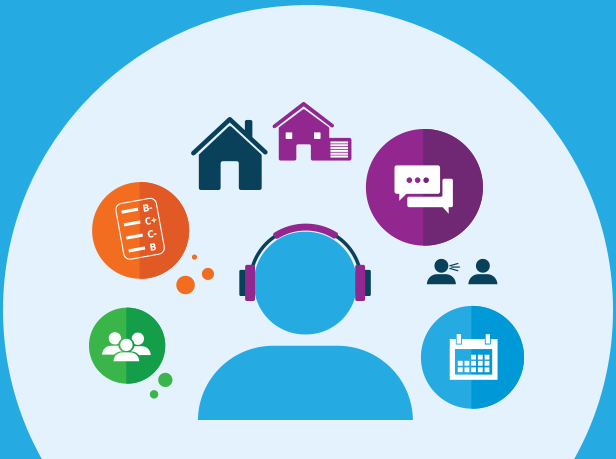What
What Is Happening?
Why It's Happening
It's Not Your Fault
Changes
What Might Change
What Won't Change
Still Your Family
Getting On With Your Life
Emotions
How You Feel
Acting Out
Feeling Better
When To Get Help
Resources
People
Help Lines
More Resources
Strategies
Rights & Responsibilities
Speak Up!
Caught In The Middle
Dealing With It
Abuse At home
Law
Separation
Divorce
Court
Custody & Access
What
What Is Happening?
Why It's Happening
It's Not Your Fault
Resources
People
Help Lines
More Resources
Changes
What Might Change
What Won't Change
Still Your Family
Getting On With Your Life
Strategies
Rights & Responsibilities
Speak Up!
Caught In The Middle
Dealing With It
Abuse At home
Law
Separation
Divorcef
Court
Custody & Access
Emotions
How You Feel
Acting Out
Feeling Better
When To Get Help
FAQ
What
What Is Happening?
Why It's Happening
It's Not Your Fault
What
What Is Happening?
Why It's Happening
It's Not Your Fault
Resources
People
Help Lines
More Resources
Resources
People
Help Lines
More Resources
Changes
What Might Change
What Won't Change
Still Your Family
Getting On With Your Life
Changes
What Might Change
What Won't Change
Still Your Family
Getting On With Your Life
Strategies
Rights & Responsibilities
Speak Up!
Caught In The Middle
Dealing With It
Abuse At home
Strategies
Rights & Responsibilities
Speak Up!
Caught In The Middle
Dealing With It
Abuse At home
Law
Separation
Divorce
Court
Custody & Access
Law
Separation
Divorce
Court
Custody & Access
Emotions
How You Feel
Acting Out
Feeling Better
When To Get Help
Emotions
How You Feel
Acting Out
Feeling Better
When To Get Help
FAQ
FAQ
Teen Guide
Welcome to A Teen Guide to Parental Separation and Divorce. If your parents have recently separated or divorced (or you think they may be about to), or you have a friend in that situation, this site is for you.
Parental separation and divorce are hard on teens. One thing that can help is information about what separation and divorce mean in Canada, and how they might affect you.
The purpose of this site is to provide you with that information. The site is not intended to provide therapy, support or legal advice.
Do you have younger brothers or sisters? If so, get them to check out the Kids Guide.

